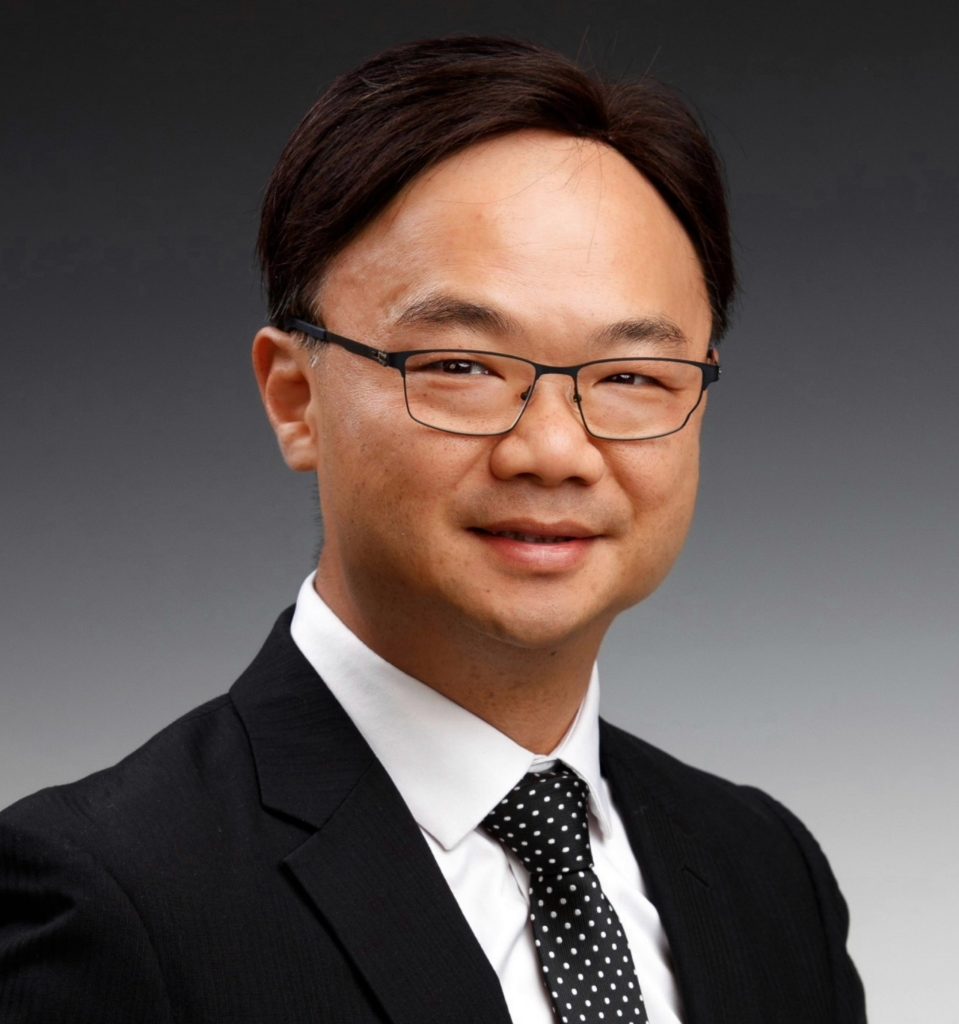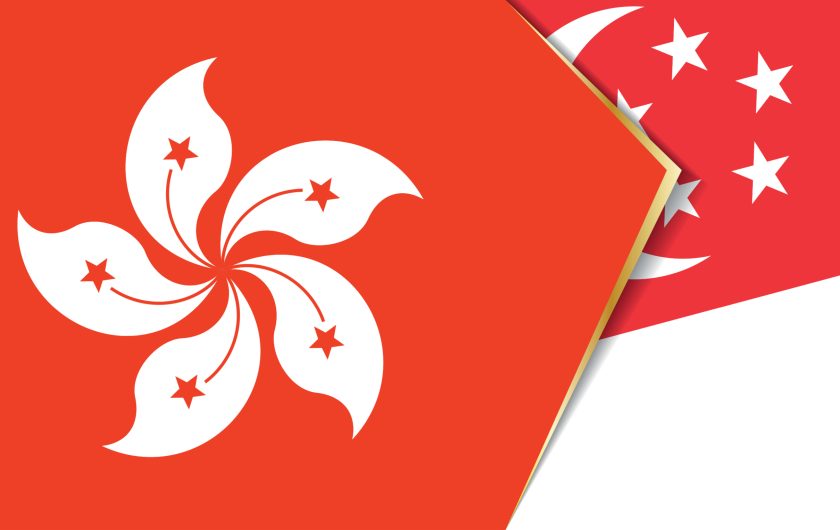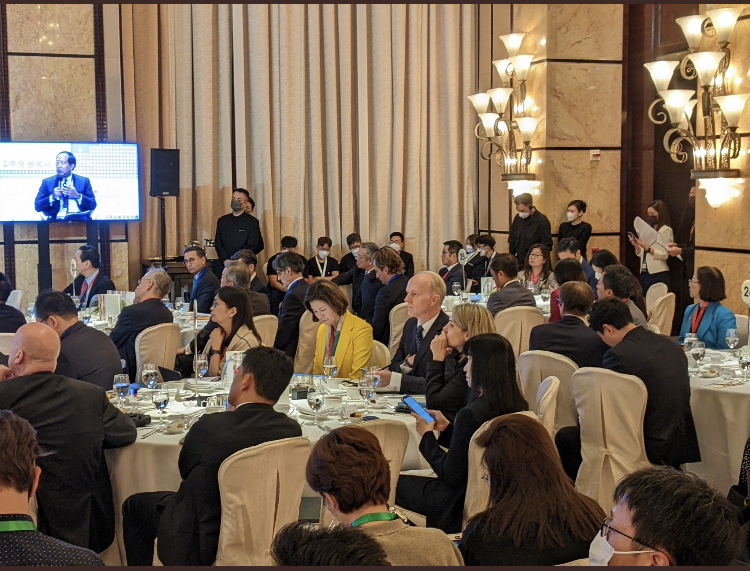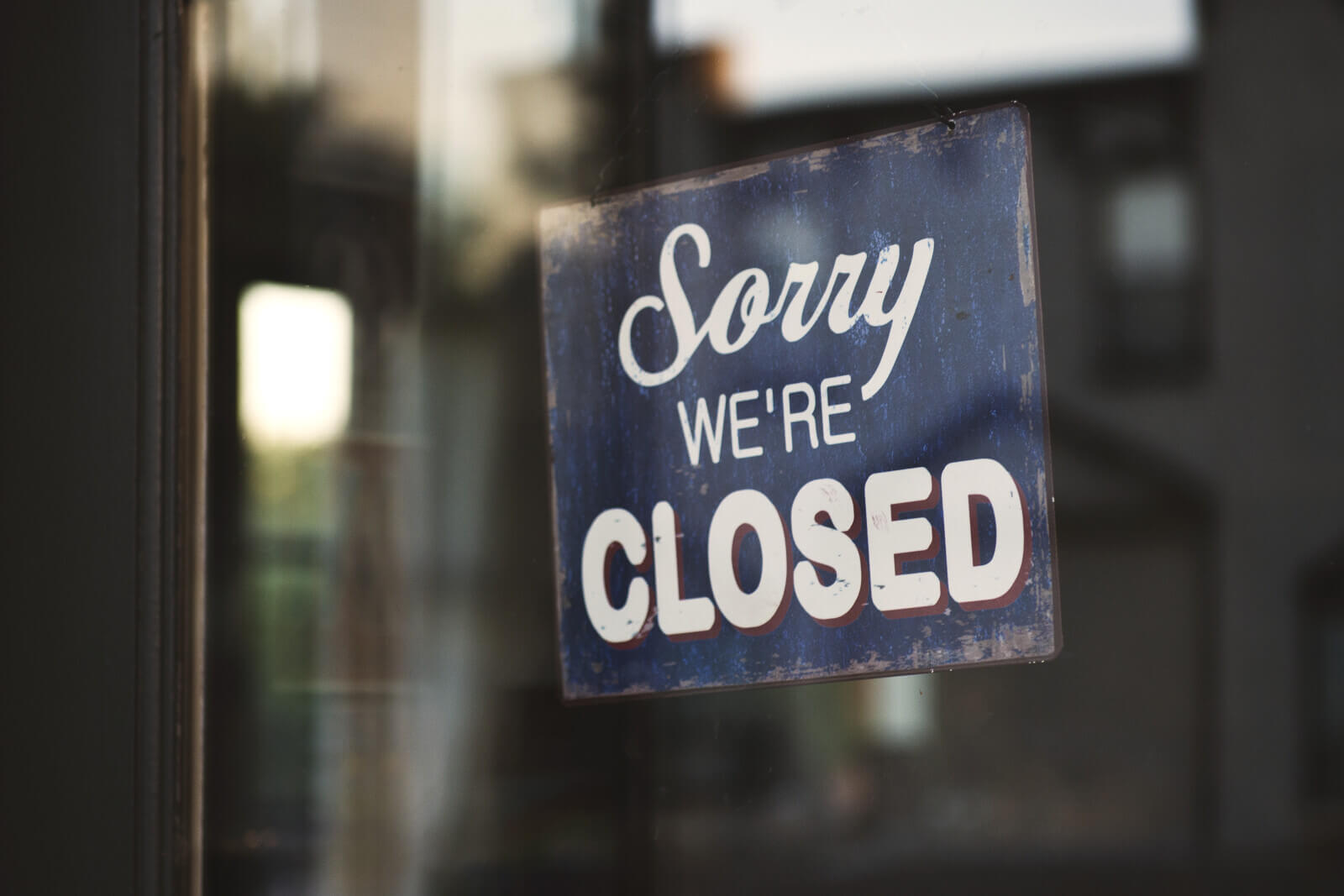Hong Kong and Singapore have long been viewed as twin engines of Asian prosperity, competing yet complementary hubs of finance, culture, and connectivity.

Yet beneath this familiar rivalry lies an unsettling divergence. When it comes to the global MICE industry, Singapore has surged far ahead of Hong Kong.
According to the International Congress and Convention Association’s (ICCA) global rankings, Singapore placed second worldwide and first in Asia-Pacific, while Hong Kong barely made the Top 20 list globally and 8th in the region.
Destinations such as Kyoto, Bali, and Bangkok are ahead of Hong Kong. This isn’t merely a ranking gap; it’s a clear sign that Hong Kong is not doing enough to reclaim its position as Asia’s Mega Event Capital. So, what can Hong Kong learn before it’s too late?
Singapore’s current leadership is no accident; it is the outcome of years of deliberate, government-led strategy that harmonises tourism, business, and innovation stakeholders behind a shared national vision.
As Singapore’s Senior Minister of State, Edwin Tong, has emphasised: “Our MICE sector thrives because of deep collaboration between government, industry, and innovation partners, backed by the trust that Singapore is the ideal meeting place for the world.”
More… Make HK Asia’s ‘event-friendly city’
This cohesive approach, rooted in a clear national MICE strategy, forms the bedrock of its identity as a “global MICE sustainability leader,” a status reinforced by carbon-neutral event practices and internationally recognised green certifications.
Central to this ecosystem is the Singapore Tourism Board, which strategically treats the MICE industry not as a mere segment of tourism, but as a powerful engine for broader economic growth. Consequently, policies, funding, infrastructure, and professional training are all strategically aligned to serve this singular, overarching goal.
While the Hong Kong Tourism Board (HKTB) is actively investing in promotional efforts to attract global MICE organisers, its mandate is fundamentally limited. As a promotional agency, the HKTB lacks the authority to drive the strategic, cross-departmental policy changes required to enhance Hong Kong’s core attractiveness as a MICE destination.
A critical case in point is sustainability. Global convention organisers now rigorously assess a destination’s commitment to environmental, social, and governance (ESG) standards. Singapore’s appeal is anchored in its government-led Green Plan 2030, which is a comprehensive, national roadmap for achieving net-zero emissions. The authority and responsibility to orchestrate such a city-wide, sustainable vision must originate from the highest levels of government, making it a clear agenda item for the high-level Mega Events Coordination Group, chaired by Deputy Financial Secretary Michael Wong.
ESG criteria have become a non-negotiable part of the global corporate landscape, fundamentally reshaping how major events are planned. As Dr Jane Lee, CEO of Our Hong Kong Foundation rightly argued in a recent article: “Hong Kong should become a stage for green mega-events.”
This shift is largely driven by the profile of major event organisers and participants, typically publicly listed corporations that operate under stringent ESG disclosure requirements. With mandatory reporting now extending deep into their value chains, the selection of a host city carries direct compliance implications.
A destination offering certified green venues, transparent carbon tracking, and a low-impact ecosystem provides clients with a verifiable pathway to meet their sustainability targets. Conversely, cities lacking these credentials face exclusion, regardless of their inherent appeal or infrastructure.
For Hong Kong to reclaim its status as the Mega Events Capital, a coordinated, cross-governmental strategy is imperative. The Culture, Sports and Tourism Bureau must take the lead, working in lockstep with the Environment and Ecology Bureau to align the MICE sector’s growth directly with Hong Kong’s overarching goal of achieving carbon neutrality by 2050.
This strategic alignment is a critical step in meeting the stringent ESG requirements of the world’s leading corporations and associations for them to even consider Hong Kong as a possible destination. This step, however, requires setting clear, measurable targets for sustainable event growth, industry-wide adoption of international certifications for venues, event organisers, and the city as a destination (under ISO 20121 or GSTC).
Parallel investment in green infrastructure is non-negotiable. This includes mandating carbon tracking, waste reduction systems, and renewable energy integration in all major venues, transforming them from passive facilities into active contributors to the city’s climate agenda.
More… Let a Mega Events Office cheer HK
Equally critical is future-proofing the industry by nurturing local talent and fostering a culture of innovation. Hong Kong must develop specialised training programs in green event management, a direct investment in the social sustainability of its workforce. Partnerships with academic institutions and technology firms are crucial to spur the adoption of hybrid formats, data-driven solutions, and low-carbon event designs.
On the infrastructure front, addressing venue capacity through the timely expansion of Wan Chai North and AsiaWorld-Expo remains imperative.
Ultimately, Hong Kong must decisively reposition itself in the global marketplace as a ‘smart and sustainable MICE hub’, offering not only financial prowess and vibrancy but a conscientious, future-ready platform for business exchange.
The stakes for Hong Kong’s future could not be higher. MICE travellers represent the high-yield segment of the tourism economy, generating vital revenue across hospitality, dining, retail, and professional services.
More than just economic drivers, these international delegates are essential to revitalising the city’s premium tourism ecosystem and, crucially, to restoring Hong Kong’s reputation as Asia’s Mega Event Capital.
Roy Ying is a former professional conference organiser who lectures in event management and marketing at Hang Seng University of Hong Kong



